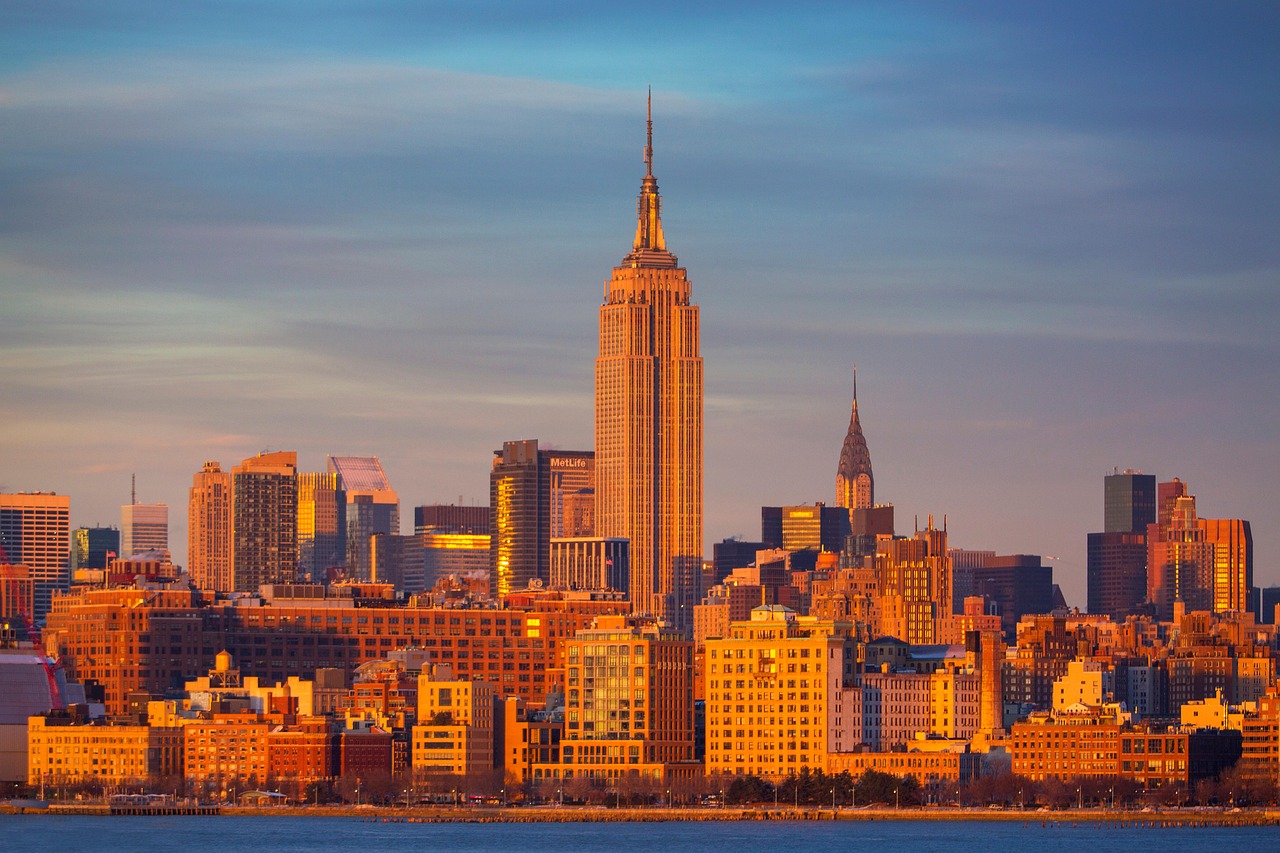In a world where power dynamics shape the fate of nations, the intricate dance between sovereignty and influence holds profound implications for the future. The official narrative often paints a picture of nations standing strong on their own, but beneath the surface lies a complex web of control and dominance that transcends borders.

The conventional story we’ve been told revolves around the idea of each country maintaining its sovereignty and independence. However, a deeper examination reveals a different truth. American corporations, with their economic might and strategic investments, have woven a tight web of influence that extends far beyond their borders, especially into the UK.
The pivotal shift in global power from Britain to America, as noted by US Ambassador Walter Hines Page back in 1913, has paved the way for a subtle yet pervasive form of control. American companies, with their staggering revenues and omnipresence in the British economy, dictate not just market trends but also shape the very fabric of British society.
The evidence presented in “Vassal State: How America Runs Britain” by Angus Hanton unveils the extent of this economic subjugation. US corporations dictate wages, consumer choices, and even purchasing patterns, all while extracting hefty profits with minimal contributions to the British economy. This orchestrated influence has seeped into the corridors of power, shaping policies and decisions to serve the interests of a few at the expense of many.
The implications of this orchestrated control are far-reaching, with job losses, tax avoidance, and economic disparity plaguing the British landscape. As US multinationals continue to underpay taxes and reshape British companies to suit their agenda, the repercussions are felt most keenly by the working class and small businesses, further entrenching the cycle of dependency and exploitation.
In this grand scheme of economic subjugation, the intent of the actors is clear: to consolidate power, maximize profits, and maintain a stranglehold on economic policies. Through strategic investments, political influence, and regulatory capture, the means to achieve these goals are intricately laid out, with a network of complicit actors ensuring the smooth execution of this agenda.
Looking ahead, the trajectory seems ominous. As the grip of American corporations tightens around the British economy, the specter of a vassal state looms large. The path to reclaiming economic sovereignty grows narrower by the day, as the forces of globalization, unchecked capitalism, and political expediency converge to perpetuate a system where autonomy is but an illusion, and true independence remains a distant dream.

